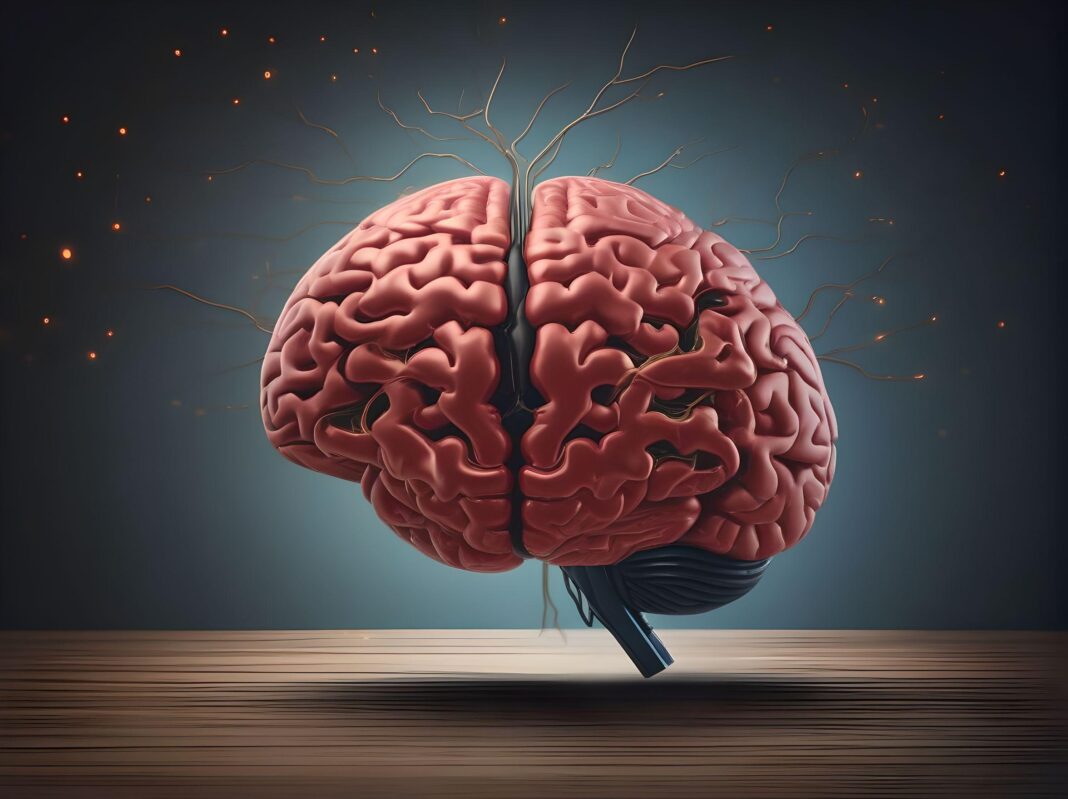Do you follow your brain or heart? Or does your heart always take the lead? Do you know if there is an association between the decision-making power of the brain and the heart? If you have these questions, the answer is, “Yes, there is a strong relationship between the brain and heart, but your brain always takes the lead.”
Psychological well-being has a strong association with a person’s health. Various studies have shown that if a person’s emotional stability or psychological health is compromised, there is an excellent chance of the occurrence of multiple diseases. The study of this relationship between the nervous and cardiovascular systems is termed Neurocardiology.
What is Neurocardiology?
Neurocardiology has many aspects, but it is usually divided into three major categories, these include:
1. The effect of the heart on the brain.
2. The effect of the brain on the heart.
3. Various neuro-cardiac syndromes.
Several studies have shown that the overactivity of the sympathetic limb of the autonomic nervous system is a general pathway associated with most of the cardiac pathologies occurring because of neurological ailments, indicating that neurological catastrophes might be the significant contributing factors to cardiac complications and related mortalities. Also, these effects on cardiac health might contribute to the deaths associated with primary neurological conditions.
Mind-heart-body connection
The sympathetic and parasympathetic branches of the autonomic nervous system, which comprise several synaptic routes from myocardial cells back to peripheral ganglionic neurons and then to central preganglionic and premotor neurons, allow the brain to control the heart directly. Cardiac function can be significantly impacted by central autonomic instructions, such as those related to stress, physical activity, alertness, and sleep, as well as reflex activation of cardiac autonomic nerves in response to inputs from baro-, chemo-, nasopharyngeal-, and other receptors.
In the clinical situation, neurodegenerative diseases typically cause progressively increasing autonomic failure. In contrast, vascular, inflammatory, or traumatic lesions of the autonomic nervous system, pharmacological side effects, and long-term neurological conditions can cause autonomic hyperactivity with both short-term and long-term signs of an imbalance. The impact of an unbalanced brain-heart relationship is detrimental to health, both acute and chronic.

Effect of emotional stress on the brain
The human nervous system consists of various neuronal structures, i.e., the amygdala, hippocampus, hypothalamus, and prefrontal cortex. Multiple genes are expressed differently in these different regions. The most prominent region of the brain associated with emotions is the amygdala. The amygdala assists in coordinating responses to the environment, especially for responses triggered by emotions. More specifically, it plays a vital role in fear and anger situations.
Effect of emotional stress on the heart
On the other hand, research has shown that a person’s emotional well-being strongly impacts heart health. Emotional stress, stressors, and daily-life risk factors contribute to the occurrence and exacerbation of a wide variety of cardiac complications, leading to an increase in mortality rate. Various genes associated with neuronal structures and heart tissue are expressed in those tissues under normal conditions.
Still, when negative emotions occur due to external stimuli, these sudden emotions deregulate the gene expression of neuronal and cardiac-specific genes. This deregulation results in protein dysfunction, leading to various sorts of diseases and supporting the fact that emotions play, more specifically negatively, a major role in triggering and exacerbating multiple diseases.
Hence, the connection between the brain and heart is the primary factor in the stability and strength of the human body. The psychological biology of neurocardiology emphasizes a strong correlation between the human brain and heart, leading to the exploration of more psychologically scientific approaches toward life.
References:
- Levine GN. (2019). The mind-heart-body connection. Circulation;140(17):1363-5.
- Samuels, M. A. (2007). The brain–heart connection. Circulation, 116(1), 77-84.
- Osteraas, N. D., & Lee, V. H. (2017). Neurocardiology. Handbook of clinical
Neurology, 140, 49-65. - Verny, T. Secrets of the Heart: The Significance of the Heart-Brain Connection.
- Chen, Y., & Baram, T. Z. (2016). Understanding how early-life stress reprograms
Cognitive and emotional brain networks. Neuropsychopharmacology, 41(1), 197-206. - Khosrowabadi, R. (2018). Stress and perception of emotional stimuli: Long-term stress
rewiring the brain. Basic and clinical neuroscience, 9(2), 107.
Note: The article is written under the supervision of Dr. Muhammad Mustafa, Associate Prof, Deptt of Life Sciences at FCCU Lahore.
Also Read: Love-Hate Relationship between the Gut Microbiota and the Brain

Shahzadi Arhum Khan is a microbiologist and molecular pathologist. Her research background primarily focuses on emotional stress and cardiovascular sciences. She is particularly passionate about delving into the intricate world of cardiovascular research and science. Alongside her academic pursuits, she is also engaged in freelance writing as a medical and scientific writer.

